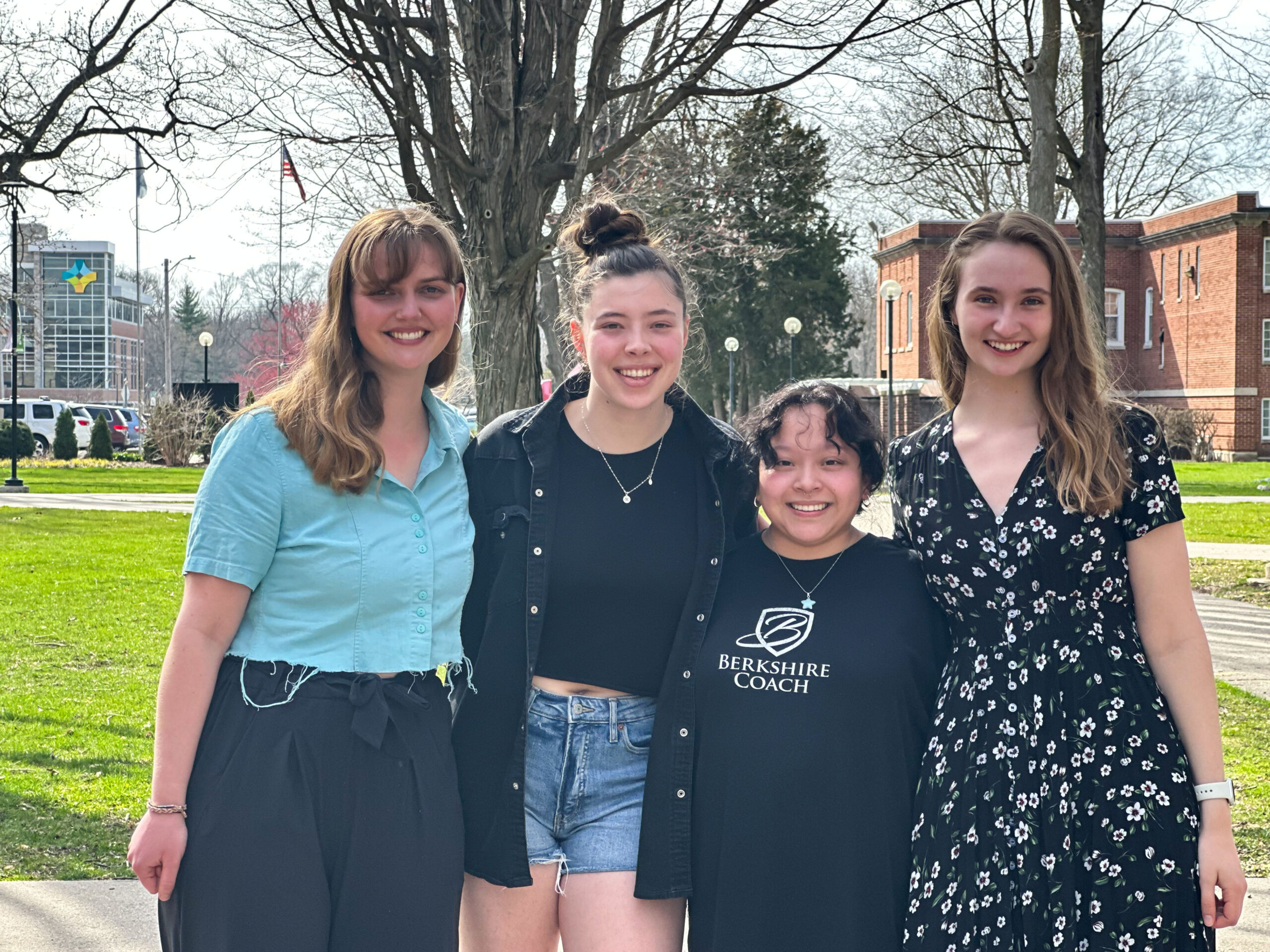A few weeks ago, Kennedy Stewart wrote an opinion piece about the lack of diversity in the cast of Goshen Monologues this year. While she was mostly talking about racial diversity, her article contributes to the ongoing conversation about the lack of diversity of all kinds on stage.
Race, ethnicity, sexuality, gender identity, body size: There are a lot of ways that our cast didn’t accurately represent our campus this year and we are grateful for the opinion piece that Stewart wrote. It will serve as a reminder of the ways we have let women of color down in years past and will hold us accountable as a committee for the future.Out of a cast of 20, only five of our performers were people of color. Compared to a student body that is 51% students of color, our performance did not accurately reflect the racial demographics of this institution. Not having a cast that represents our campus makes Monologues less powerful and does a disservice to the stories.
The article mentioned that telling stories from people of color shouldn’t be left in the hands of people that have not lived those stories, and we absolutely agree. While Monologues is a project where performers are submitting anonymous stories to be told by others, we also feel that since the author is entrusting us with their story, it is essential to respect the author’s vision for the piece and respect the author’s identity.
For the first time last fall, we included a section on our submission form that asks the author if it’s important to them that the identity of the performer matches the identity of their piece. We then ask that they give us any other details and guidance that we should be aware of as we cast the show.
This year we experienced the consequences of having a fairly homogenous cast. We weren’t able to perform a meaningful piece because we couldn’t find someone to represent the piece on stage in the way the author indicated.
In order to ensure that all of the monologues about racial identity were performed, the people of color in our cast had to primarily perform monologues about race and had less of an opportunity to perform monologues about other subjects.
We are committed to working on increasing representation and making sure that the Monologues cast is a welcoming space for both writers and cast members. As a committee that is currently majority white, there is a lot we aren’t aware of and that is why we plan to actively seek stronger relationships with on-campus partners. This includes working with intercultural clubs and Advocates to collaborate, seek advice and intentionally reach out to a broader pool of cast, writers and audience members. We are also creating guidelines to ensure that all members of our cast contribute to making Monologues a safe space.
We invite you to engage with Monologues — help us tell important and necessary stories. In the fall, send in an anonymous submission where you can say anything you want to say to our campus. In the spring, come to the open cast call and be a part of a thought-provoking performance. No one who comes to our cast call is turned away.
If neither of those sounds like your cup of tea, write us an email or message us on Instagram. Let us know your thoughts and we can keep this conversation going. We want to ensure that Monologues reflects the make-up of our campus and tells the story of all members of our community that identify with the feminine experience.




